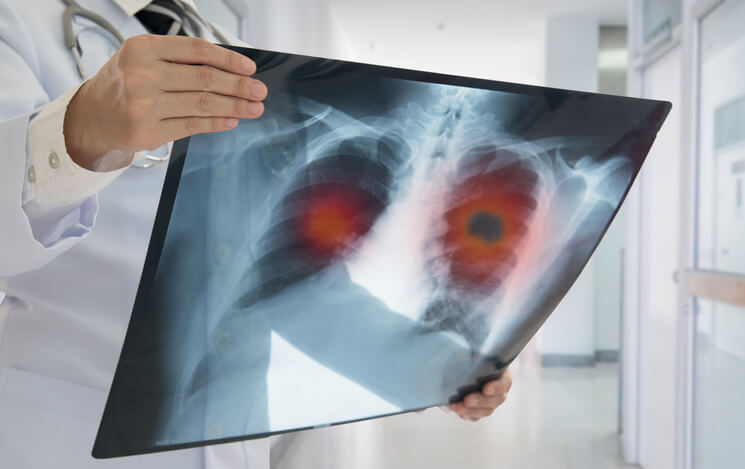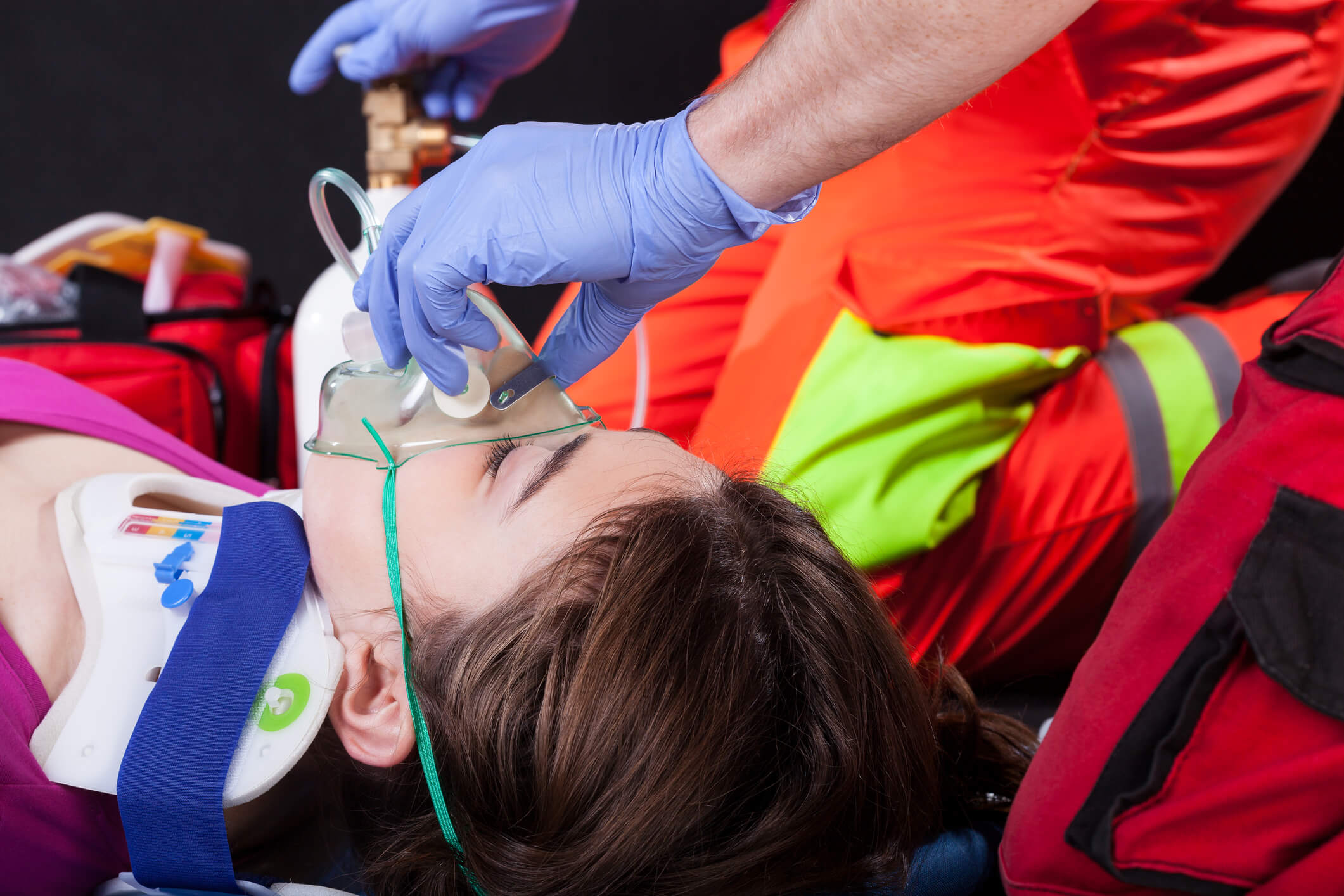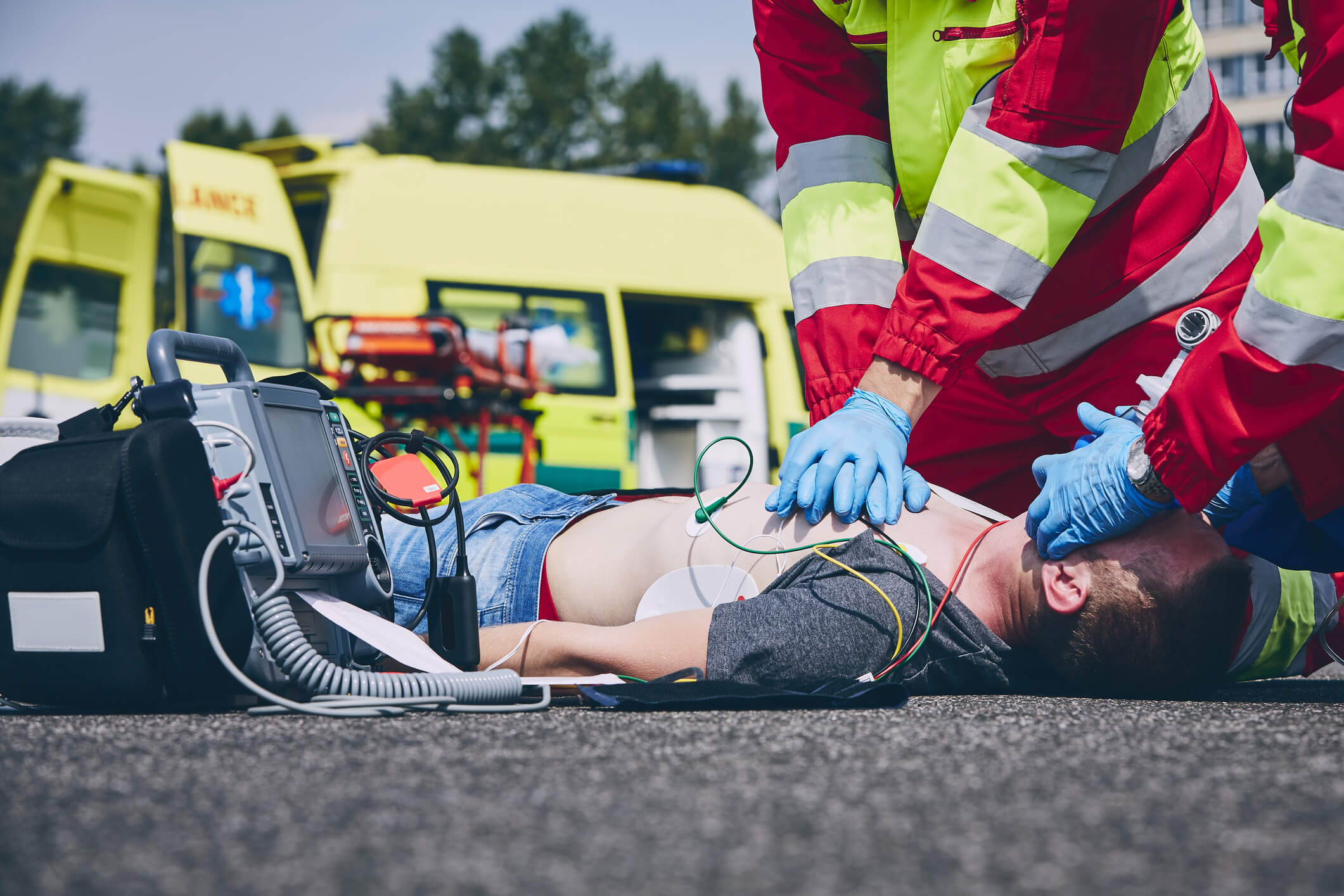Aspiration pneumonia is a life-threatening complication resulting from the inhalation of airway contaminants and pathogen overgrowth. Multiple substances are directly toxic to the lungs or can stimulate an inflammatory response when aspirated – gastric acid from vomiting is the most common aspirated substance.

















